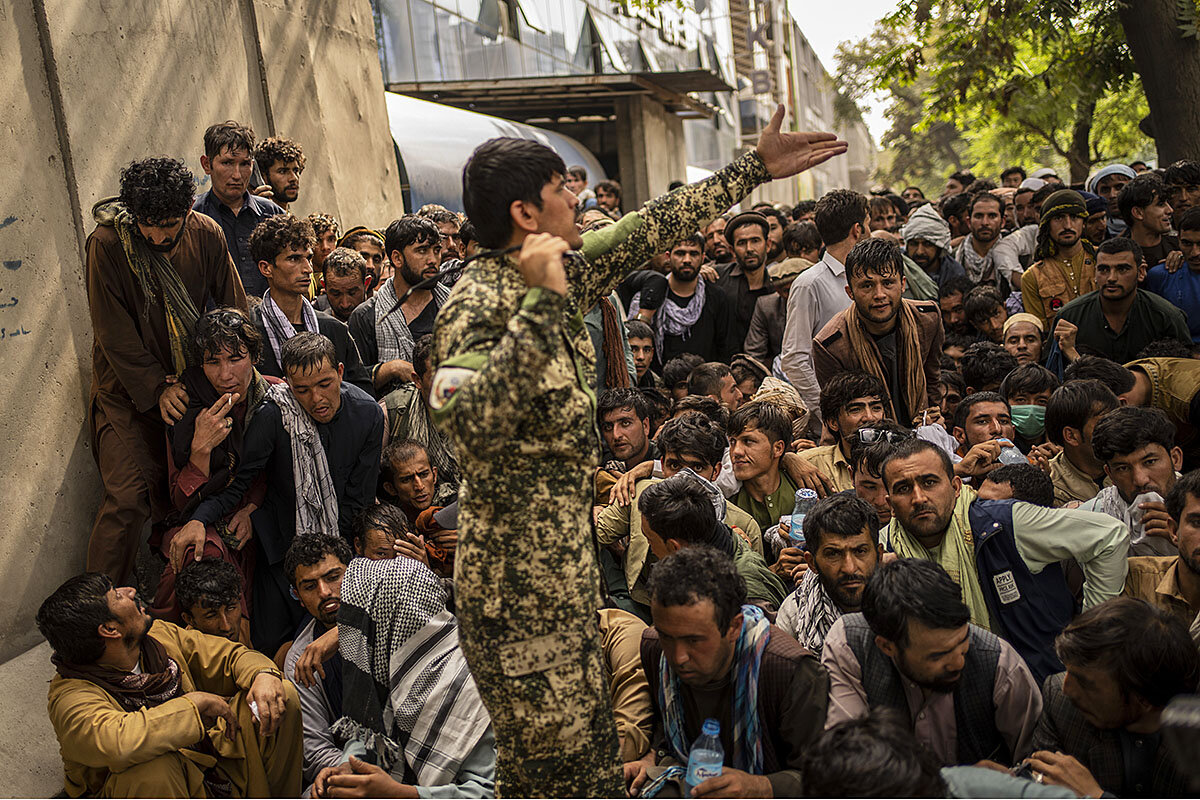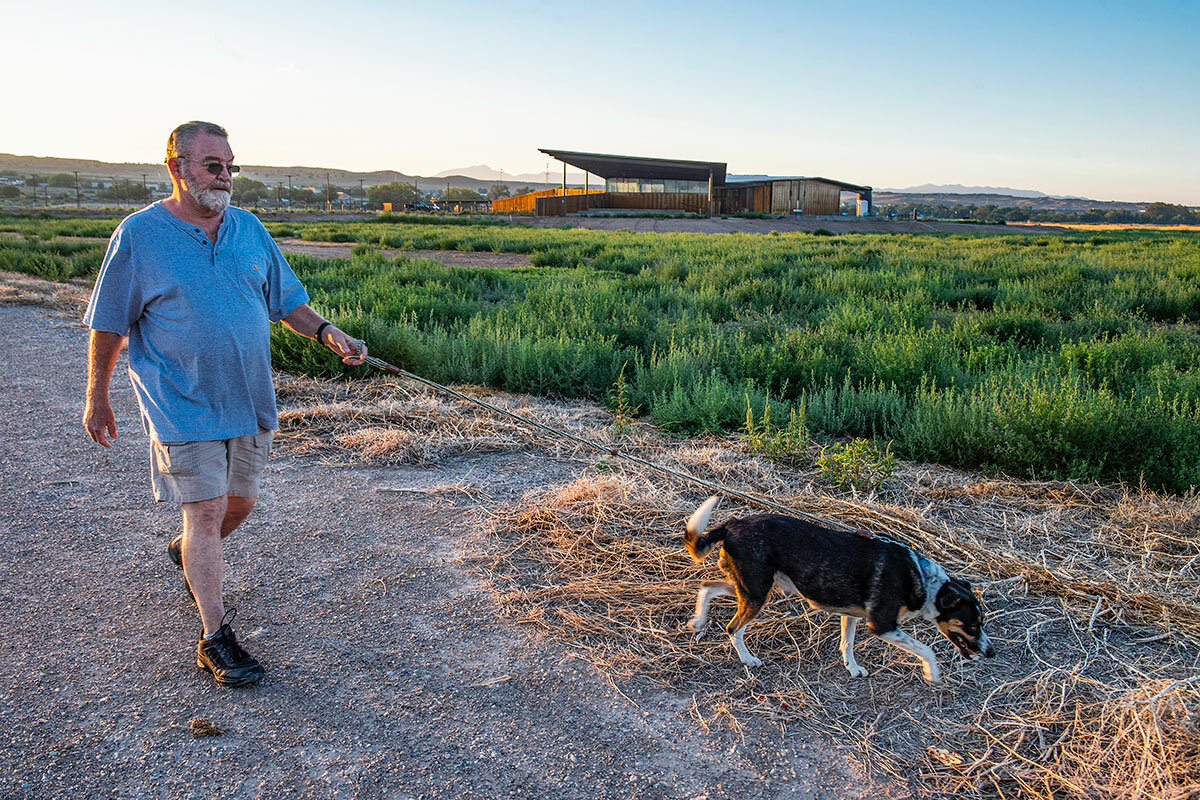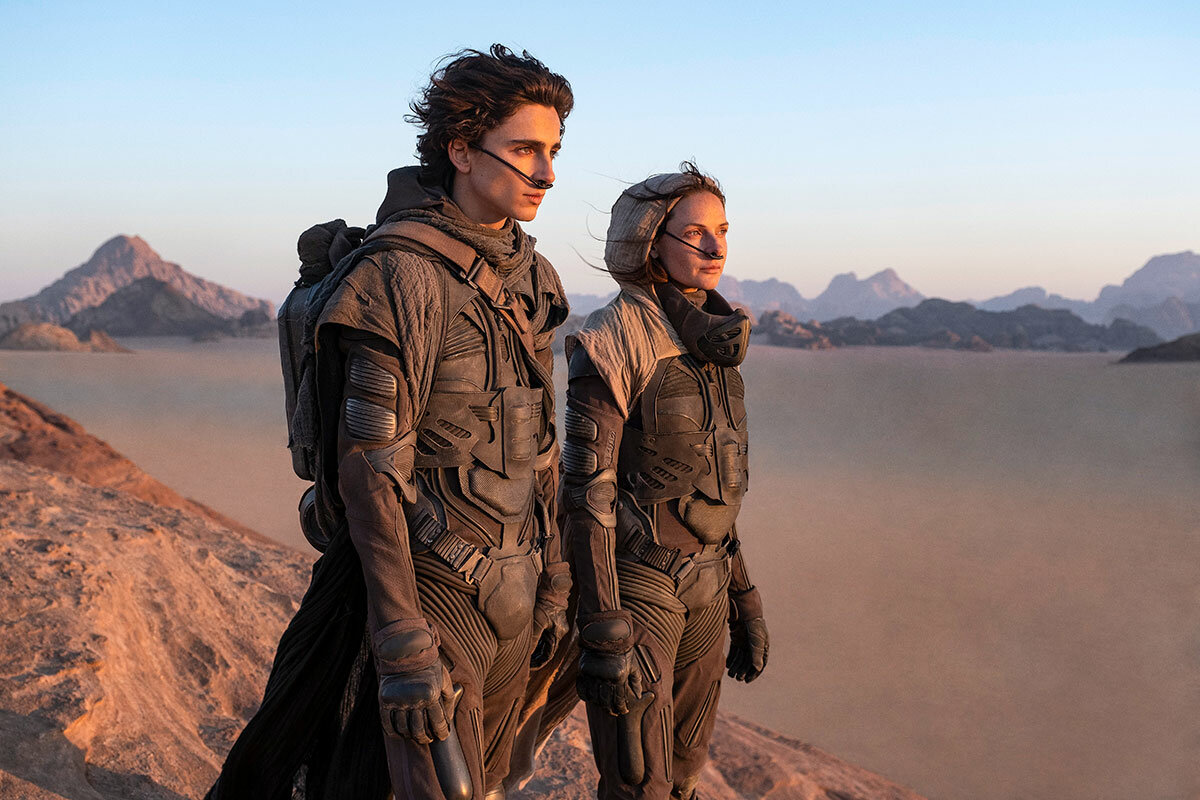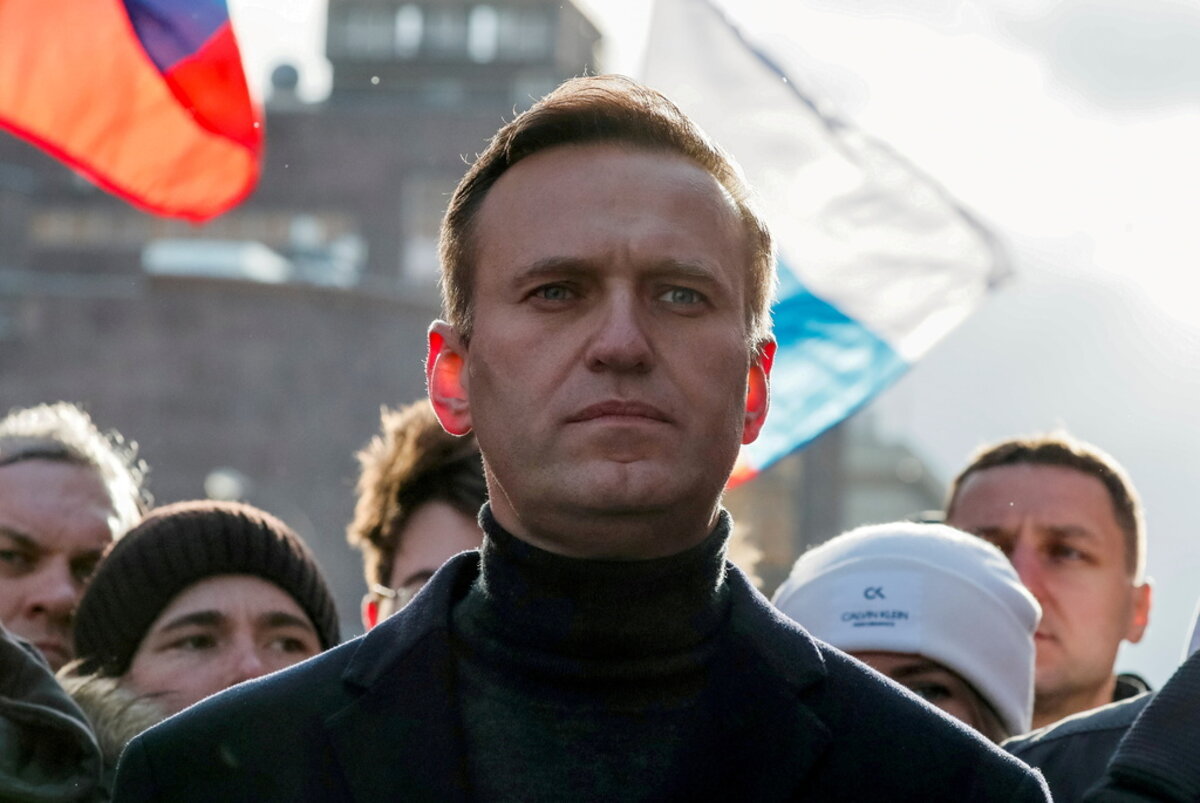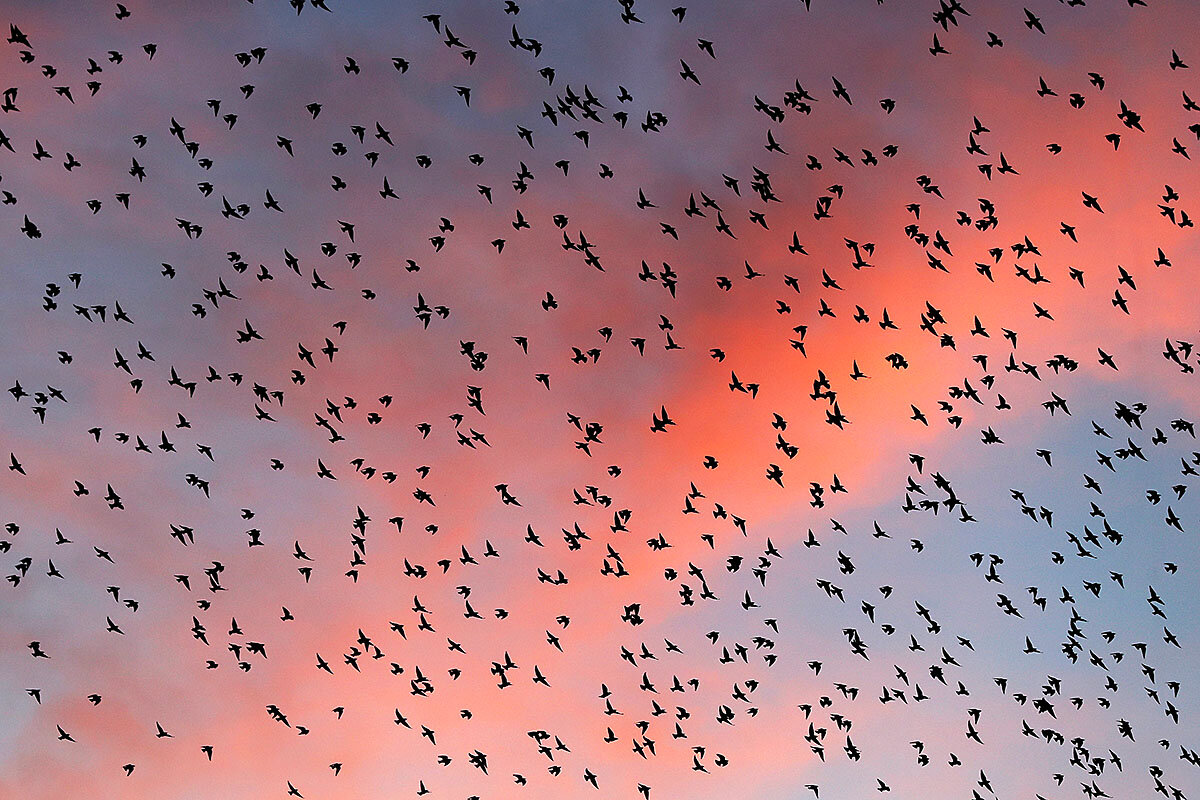Taking over Afghanistan, it turns out, was the easy part. Now the Taliban’s lack of vision or capacity to govern is being exposed, and patience is wearing thin.
Monitor Daily Podcast
- Follow us:
- Apple Podcasts
- Spotify
- RSS Feed
- Download
 Mark Sappenfield
Mark Sappenfield
The European Union has a problem. What should it do about two countries (Poland and Hungary) that are blatantly violating democratic rule of law. The debate should sound familiar, no matter where you live: Basically, do we draw a hard line, or do we appease?
That’s the question at the heart of Ned Temko’s Patterns column in today’s issue. German Chancellor Angela Merkel offers a characteristic answer: “Europe is only as strong as it is united.” That can sound like political happy talk. But it’s not.
In many ways, today’s entire edition examines that broader idea: What is true unity?
Are the Taliban really interested in creating a Pan-Afghan society built on the Islamic ideals of justice, or is that just a cloak for an opportunistic power grab? Early evidence points to the latter, Scott Peterson writes. So Afghanistan is again in danger of fracturing.
Meanwhile Henry Gass and Ashley Lisenby examine two examples of communities coming together to try to build a sense of unity through hard work – turning to nature in Albuquerque, New Mexico, and, at a university in Texas, a desire to create genuine equality in all spaces.
It’s that work that Chancellor Merkel is talking about. Unity is difficult. As the Taliban are finding, it’s easier to take shortcuts or to leave some people out. But ultimately, that doesn’t work. Unity is not a “nice to have.” It won’t mean unanimity, but even as a work in progress, it’s an essential foundation stone.




